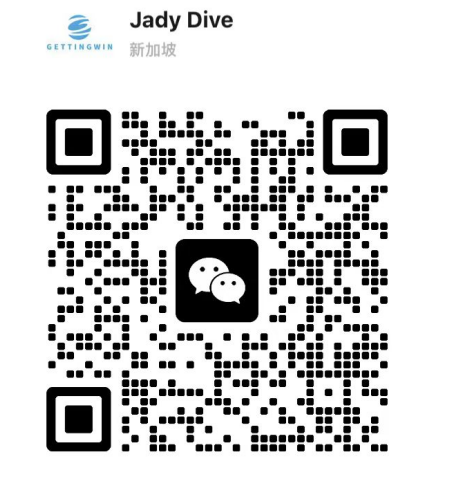Is FAE still popular among chip manufacturers?
>> The halo of FAE
After graduation, I worked in the Chrysanthemum Factory to develop communication equipment, and I was exposed to new technologies. All chips were imported, data sheets were all in English, the information was not complete and was often revised, and the Internet was not well developed. I often needed on-site support from chip manufacturers, especially for new technologies, and I needed experts to come for training and exchanges.

Field Application Engineers (FAEs) are a common title in the semiconductor industry, serving as the frontline technical interface for manufacturers.
The lead-in time for main chips to enter mass production is relatively long, ranging from at least half a year to as much as two or three years. Once a chip is selected, switching to an alternative solution is often difficult, as most chips lack compatible substitutes.
At that time, both Altera and Xilinx had just entered Huawei, engaging in fierce competition for market share. Back then, Huawei’s procurement department did not yet have specialized roles like the Component Expert Group (CEG) or the Technology & Quality Committee (TQC) and was primarily responsible for price negotiations after mass production, with little influence over chip selection.
The selection process was largely driven by engineers, who were less sensitive to chip pricing but placed greater emphasis on solution discussions and technical support. As a result, semiconductor manufacturers focused heavily on winning over R&D engineers—and the best candidates for this task were FAEs.
Most R&D engineers were straightforward and somewhat introverted, typically viewing casual chats with salespeople as a waste of time. However, FAEs could seamlessly blend technical discussions with casual conversation, allowing them to gather valuable intelligence. Sometimes, this intelligence played a critical role in securing a design win (DW).
Of course, another approach—favored by Taiwanese companies—was deploying attractive saleswomen to influence engineers, though this tactic was less common in mainland China.

In the early days, most FAEs of chip manufacturers were from Hong Kong, Taiwan, Singapore, or returned Chinese Americans. They seemed to have their own aura compared to mainlanders. When they came to the company to introduce products, they spoke on the stage, and we all listened like a group of primary school students.
At that time, Xilinx's FAE Jinhua was a benchmark in the industry. There was a large photo of him at the exhibition, highlighting the importance of FAE. Altera's FAE Jing was a Chinese sent from the US headquarters. He had a high level of technology and was very gentlemanly. I remember Jing would close his eyes and pray before every meal, and his way of dealing with people was very impressive.
They themselves are very proud of the job of FAE. After several hardware and embedded projects related to FPGA, I communicated with them a lot and became interested in this kind of chip and work.
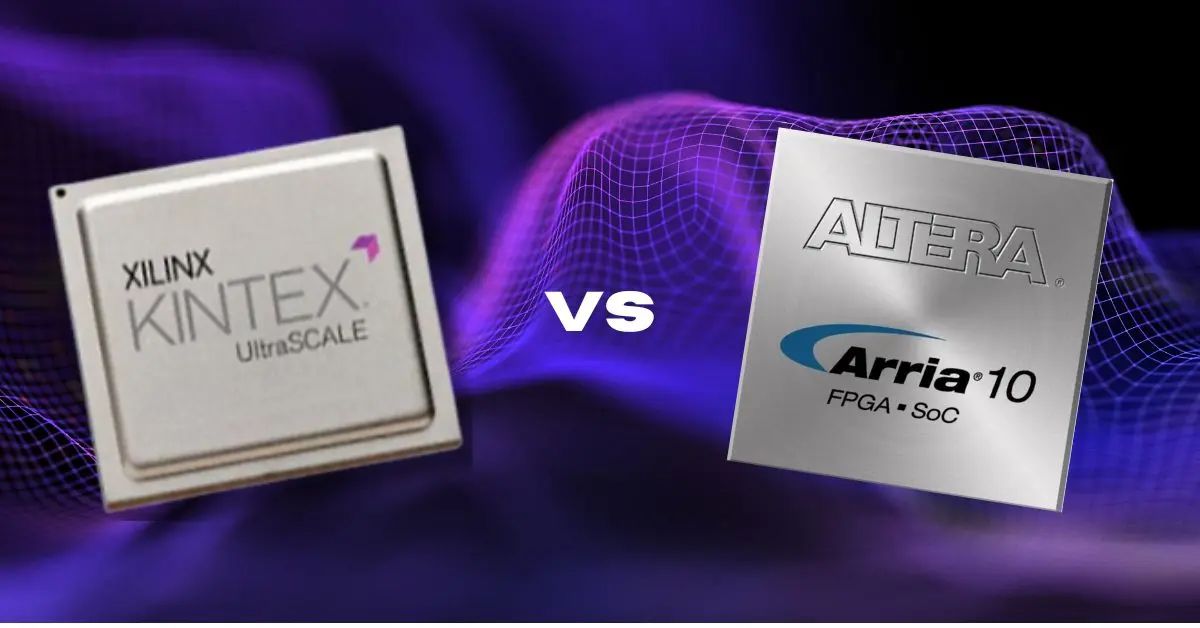
>> Transformation from R&D to FAE
Later, due to my complete lack of interest in several pre-research projects assigned by Huawei’s department leadership, I was recommended to join Xilinx as an Applications Engineer (AE). Upon learning of my resignation, my manager was furious and even confronted several chip manufacturers, demanding to know if they had poached employees from Huawei. He received no response, and I kept a low profile to avoid further complications.
As an AE, my role was mostly office-based, with no frequent need to meet clients. Shortly after joining, the SARS outbreak in 2003 forced us to work from home, giving me my first taste of isolation.
A few months later, Zhao, the head of Altera China, approached me to join as an FAE supporting Huawei. Their business with Huawei was just taking off, and they urgently needed manpower. This was essentially a direct recruitment by a top executive. While I hesitated, Zhao "visited me three times" (like the historical figure Liu Bei seeking Zhuge Liang’s counsel), offering at least a 30% salary increase and double the stock options. Eventually, I joined Altera as an FAE dedicated to Huawei.
At the time, being an FAE at a major chip company was a prestigious job—high-paying, with perks like business-class flights for U.S. training trips. The local FAEs in the U.S. were mostly older and seemed extremely satisfied with their roles; I even heard the company provided them with cars.
One of our FAE managers in India lived in a large house and, rumor had it, had multiple wives and many servants, living like a high-caste elite. Later, I learned that our CEO, John Daane, had also risen from an FAE role, which only boosted my sense of pride in the position.
>>Whoever wins Huawei wins the market.
Ericsson and Cisco were Xilinx's largest customers, while Altera struggled to make inroads with these two accounts. To conquer the Chinese market, Huawei and ZTE took top priority, as they were then China's largest importers of chips.
Thus, Altera adopted a covert strategy—throwing its full support behind Huawei and ZTE to help them grow stronger and compete globally against Ericsson and Cisco.
Looking back now, one can't help but admire the vision and open-mindedness of Altera's leadership. "Helping customers succeed is our own success" wasn’t just empty sales talk—it was a genuine philosophy.
That was the golden age of the telecommunications industry—and Huawei's golden age. Huawei flourished overseas, especially in mainstream European markets, while major U.S. chipmakers competed fiercely across all of Huawei's product lines, offering them some of the lowest global prices.
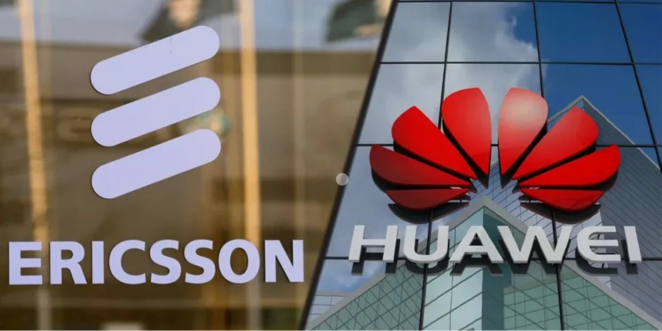
>> Focus on sales (Focus Selling)
In order to make Altera great again and return to the top of the industry, the company organized a training for all employees called "Focus Selling". Obviously, this training is very important for future career development.
Focus Selling points out that the company's three pillars are: Product Leadership, Execution Excellence, and Customer Intimacy.
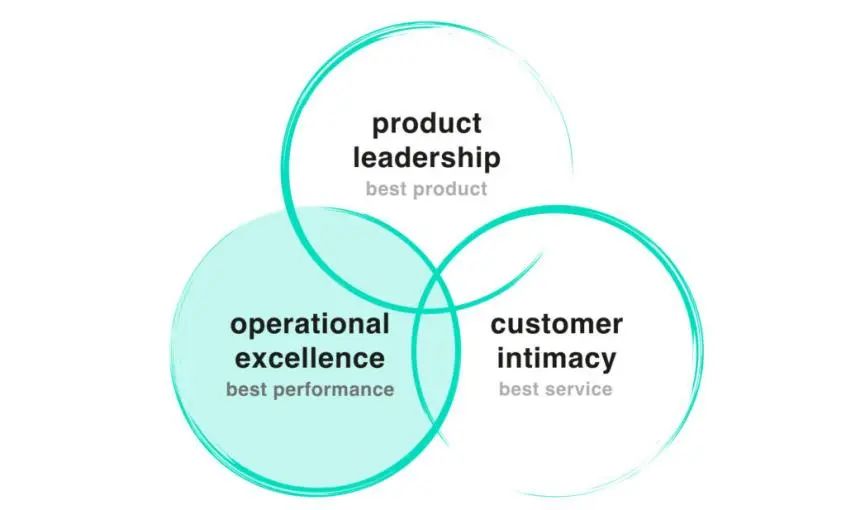
At that time, Altera's products were slightly inferior, but the company prided itself on superior operational capabilities—effectively balancing the scales. This made customer relationships all the more critical. From top to bottom, the company championed a customer-centric sales model.
Xilinx’s management, by contrast, was perceived as somewhat arrogant. At one point, Huawei even restricted Xilinx personnel from moving freely within its premises. Altera’s leadership, however, prioritized Huawei, proactively engaging with them and pledging full support—along with significant pricing concessions.
During the early design-win phase, Altera’s executives took a keen interest in key projects. I recall one client review in a conference room in Shenzhen’s Shekou, where several company VPs crowded in to hear my presentation on Huawei’s CDMA2000 system architecture and FPGA opportunities.
Cyclone 3 saw massive adoption in base stations, with shipments in the millions. Yet Huawei’s cost demands were extreme—Altera’s initial pricing was loss-leading. The strategy was to secure the design win first, then drive down costs and recoup profits over time, showcasing the management’s remarkable flexibility.
The approach proved wildly successful. Though initially overzealous—cost-cutting measures like replacing gold bonding wires with copper caused early quality issues—they were eventually resolved.
Altera’s China team fostered a collaborative and harmonious culture, maintaining seamless communication with the client at all levels. Progress was smooth, with Huawei’s business doubling yearly: $10M, $20M, $40M… Huawei’s potential was staggering—at its peak, Altera alone generated $300-400M in annual revenue from Huawei.
Our Huawei team was recognized as Altera’s top-performing unit, and I was honored as the best FAE.
>> FAE's pain and helplessness
FAE work can be annoying sometimes, especially when supporting big customers like Huawei, which has very demanding requirements. Helping customers check schematics, optimize code, and debug tool devices, working all night is also normal.
I remember one time, I went to Huawei Beijing to help debug the core router NE80. After working in the laboratory for several days and nights, the problem was basically solved. I was ready to go home, but when I walked to the airport, I received a call saying that the problem was still there, and I was called back to continue debugging. I really wanted to curse.
Huawei's wireless department used to be a loyal user of Xilinx and was interested in introducing Altera in the new CDMA2000 project. Because R&D was not familiar with our products, there were many prejudices. Lu, the head of R&D, once said to me, "The Cyclone logo looks like a pile of cow dung." It is actually a hurricane pattern.

Since Huawei adopted the chip early, sometimes the loading files of the engineering sample (ES) and the mass production version are incompatible. After the customer started designing, he suddenly asked about this topic, and I told him the truth. This caused a fuss. The customer pointed at me and cursed, saying that we were hiding the problem and threatened to abandon it. The company's sales also blamed me for telling the truth when they knew it, which made people very angry.
Some customers' engineers are stubborn and unwilling to deal with sales. At this time, FAEs are usually given the "important task" of obtaining intelligence, but they often ask questions from customers like a commercial spy, and feel guilty. I just hope to help customers solve more problems, give them more small gifts, and invite them to dinner when I have the chance. I still spend a lot of personal time and energy.
Altera has an independent FAE organization, and the company's vice president leads the FAE team. The advantage is that there are more opportunities to receive training, and there is a guide for their career, which makes FAEs feel a sense of belonging, which is conducive to team stability and growth. The disadvantage is that if the team atmosphere is not good, FAEs do not cooperate with sales, and FAE managers are self-reliant, it will cause many problems.
In some companies, FAE reports to the sales manager, which solves the problem of FAE not cooperating with sales, but at the same time brings problems such as FAE having no sense of belonging, lack of promotion and being like a tool, and unstable personnel.
Of course, the atmosphere of an organization is mainly determined by the leader. No matter how noisy the subordinates are, as long as the leader is good at stabilizing the team's emotions, there will always be no big problems.
When we were young, we all wanted to be valued by the organization, and we felt that there was still a layer between honor and FAE. The company pays the most attention to business growth, and the highlight moment is always the sales that stand out.
>>Professionalism of an FAE (FAE)
FAE is knowledgeable and fresh. While supporting customers, they can learn a lot from them. While dealing with people, they also learn communication skills, exercise their psychology, and cultivate relationships and business concepts, which are very important for future development.
My good friend Westor once said, "Be the best salesperson among FAEs, or the best FAE among salespeople." He also said, "It's useless for anyone to say you're good. You have to ask your direct supervisor to say so." His success in the workplace may be related to this guiding ideology.
So what are the basic qualities of a good FAE?
The technology must be presentable and recognized by everyone. This is the foundation;
Attitude determines everything. Milu said Attitude is everything. Being positive, optimistic and sincere is always the best skill;
Collaboration and popularity are very important. It is not a good way to get along with colleagues and agents;
Be thick-skinned and brave, but not reckless;
Business sense, sometimes we say someone has no business sense, which means that they do things without considering the benefits, rushing into things without thinking, and wasting resources unnecessarily;
English is very important, both for reading materials and connecting with the headquarters. Listening, speaking, reading and writing are the most important.
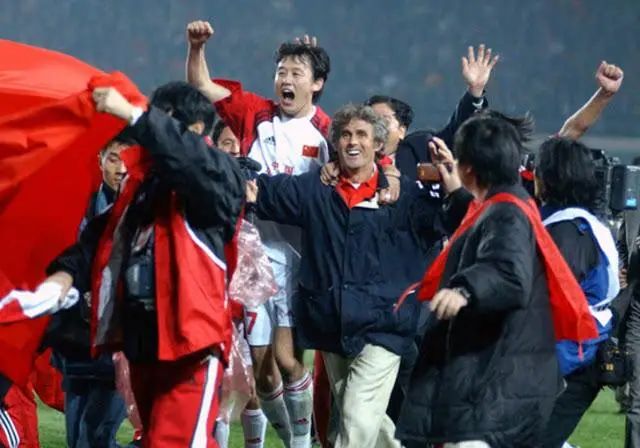
>> What is the future?
FAE's design and implementation capabilities are beyond doubt. If you master some algorithms, you will be even more popular.
You may be competent as a technical director in starting a business, and the income of R&D backbones is also good. If you are a little luckier, the equity incentive after the company goes public will basically be financially free. I once had an FAE of an agent. I once accused him of not working during a meeting. Later, he started a business and is now the CTO of a domestic high-end industrial camera company, and has become a key customer.
FAEs transform into marketing or sales or even product planning. They understand technology, the market and have interpersonal communication skills, so they can be said to be familiar with it. Tre, the general manager of a certain company, loves learning and is good at summarizing. He communicates frequently with industry experts. No matter what you ask, he can always take out a treasure from his pocket to answer your questions. "Doraemon" is not called for nothing.
If you want to be more specialized, you can become a technical expert and delve into a certain field, such as embedded, video processing, high-speed circuit experts, or be a technical manager to lead a team.
FAE is a bridge between technology and the market. If you like to delve into technology, you can go left. If you like interpersonal communication, you can go right. If you have the opportunity, you can go up. It all depends on your personal wishes and opportunities.

>> Last
FAE used to be very glamorous. Although it has faded a bit now, it is still a good type of career.
Everyone is a "CEO" in his or her own position. Sometimes you need to charge forward alone, and sometimes you need to work with a team, coordinate resources, and call for fire. It is a position that trains people. It is a bit cross-border, with both technical and sales skills. It is a broad-caliber career that can be advanced and retreated freely.
Let's stop here. I wish all "FAEs" a bright future!







